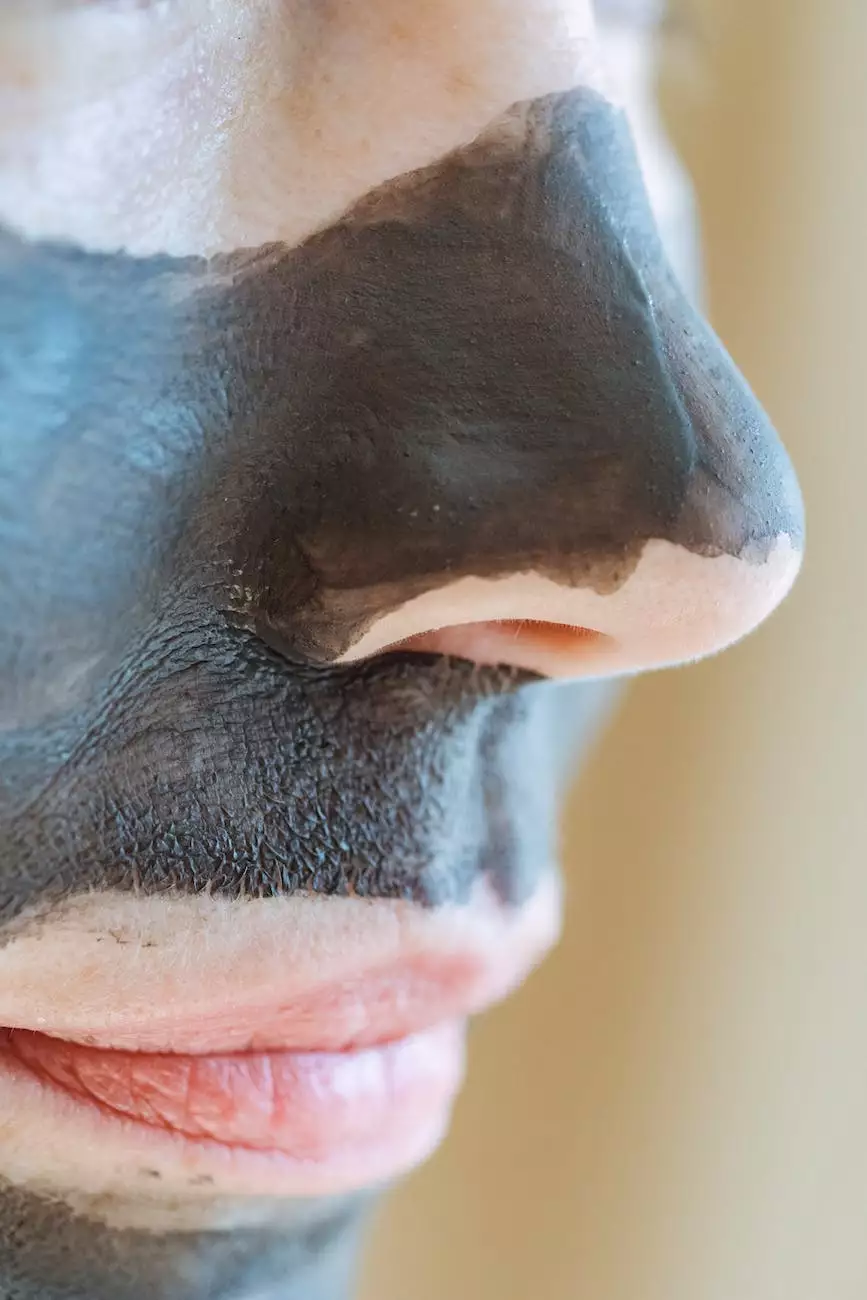What Is A Scalp Biopsy And Why Would You Need One?

Welcome to the informative page dedicated to providing you with detailed insights about scalp biopsies. At Smith, Arthur F, MD, we believe in top-notch medical expertise and comprehensive patient care. In this article, we will delve into the significance of scalp biopsies, why they are performed, the procedure involved, and what you can expect.
Understanding Scalp Biopsies
A scalp biopsy is a diagnostic procedure performed by dermatologists or hair restoration specialists to examine the scalp tissue samples under a microscope. This procedure helps in determining the cause of various scalp conditions, such as hair loss, alopecia, scalp infections, and other scalp disorders.
At Smith, Arthur F, MD, we understand the importance of accurate diagnosis in the field of dermatology. A scalp biopsy plays a crucial role in identifying the root cause of your specific scalp condition, allowing us to tailor an individualized treatment plan for you.
Reasons for a Scalp Biopsy
There can be several reasons why your dermatologist may recommend a scalp biopsy. Below, we outline some of the most common conditions and situations in which a scalp biopsy may be necessary:
Alopecia Areata:
Alopecia areata is an autoimmune disorder characterized by sudden hair loss in patches. To confirm the diagnosis and determine the appropriate treatment, your dermatologist may opt for a scalp biopsy. This allows us to examine the affected hair follicles and surrounding tissue for any specific abnormalities.
Scalp Infections:
Scalp infections can be caused by various factors, including fungal, bacterial, or viral agents. To accurately diagnose the type of infection and provide appropriate treatment, obtaining a scalp biopsy can be incredibly beneficial. The collected tissue sample helps identify the specific microorganism responsible for the infection and guides us in prescribing the most effective treatment methods.
Hair Loss Evaluation:
Experiencing hair loss can be distressing and often requires a thorough evaluation to determine the underlying cause. A scalp biopsy aids in identifying whether the hair loss is due to genetic factors, hormonal imbalances, nutritional deficiencies, or any other medical condition.
Scalp Dermatitis:
Scalp dermatitis can present with symptoms like itching, redness, and flaking. By performing a scalp biopsy, we can assess the inflammatory changes in the scalp tissue, identify the type of dermatitis, and establish the most suitable treatment options.
The Scalp Biopsy Procedure
The scalp biopsy procedure is a safe and minimally invasive technique that can be performed in a dermatologist's office. Here are the key steps involved:
- An anesthetic is applied to the scalp to minimize any discomfort during the procedure.
- A small section of scalp tissue, usually around 4mm in diameter, is carefully removed using a special instrument called a biopsy punch.
- The area is then cleaned and dressed appropriately.
- The collected tissue sample is sent to a laboratory, where it is processed, and thin sections are prepared for microscopic examination.
- A skilled pathologist analyzes the tissue under a microscope, carefully evaluating the cellular components and any specific abnormalities.
The entire process, including obtaining the biopsy sample, typically takes less than 30 minutes. You may experience some minor discomfort, but this can be effectively managed with over-the-counter pain relievers.
What to Expect After a Scalp Biopsy
After the scalp biopsy procedure, it is normal to experience mild tenderness or soreness in the area for a few days. It is essential to follow your dermatologist's post-biopsy care instructions, which may include:
- Keeping the biopsy site clean and dry to promote optimal healing
- Avoiding vigorous scratching or pulling on the scalp
- Refraining from activities that may cause excessive sweating or irritation in the scalp area
- Applying any prescribed topical medications as directed
Your dermatologist will schedule a follow-up appointment to discuss the biopsy results and develop an appropriate treatment plan based on the findings. Understanding the underlying cause of your scalp condition is crucial in order to provide you with effective and personalized care.
Conclusion
At Smith, Arthur F, MD, we prioritize delivering accurate diagnoses, personalized treatment plans, and comprehensive patient care. A scalp biopsy helps us to identify the root cause of your scalp condition, allowing us to determine the most suitable treatment options. We understand the significance of providing you with in-depth information about scalp biopsies and their importance in the field of dermatology.
If you have any concerns regarding your scalp health or are seeking professional advice, we encourage you to schedule a consultation with our expert team. We are committed to improving your scalp health and overall well-being.




